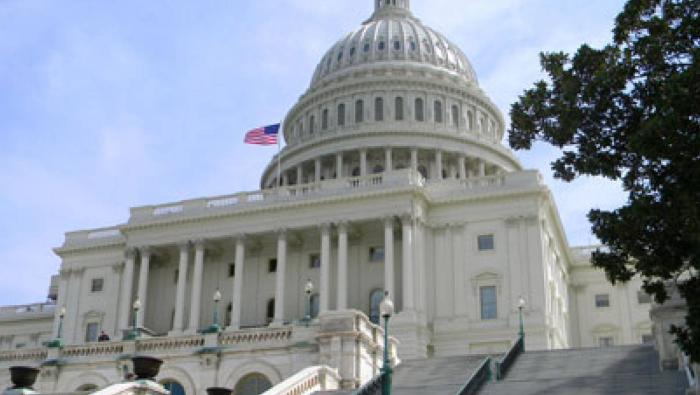Showing how difficult staying on track is when something disruptive happens in the world, whether ash clouds or a super-virus, the British General Aviation Association (BBGA) decided to go ahead with its annual conference at Luton Hoo Hotel near London Luton Airport yesterday. No shaking hands and no exchanging of business cards, said the advisory code-of-conduct. This was observed by most, most of the time, but not by all.
The business of the day was well worthwhile, however, with Stanley Johnson, “Boris’s Dad,” delivering a keynote drawing on his several decades of experience as a politician and author focused on environmental matters—dating back to long before most had considered it an issue. He also started out as a trainee pilot while at Oxford but, having almost broken an aircraft, was ushered away to greater things. He professed to be a sympathetic supporter of business aviation.
Aoife O’Sullivan, founder or The Air Law Firm and now also BBGA chair, having taken over from Gama Aviation’s Marwan Khalek last year, reflected on the time she’d already dedicated to the role and the eye-opener that had shown her just how much the BBGA does on behalf of its members.
Marc Bailey, BBGA CEO, chaired a panel of association heads including Athar Husain Khan, secretary-general of European Business Aviation Association (EBAA), who was asked by almost every delegate if EBACE would go ahead this year. Clearly, this is down to the Swiss authorities, but the panel managed an upbeat note about the coming of Personal Air Vehicles (brought up by AOPA UK CEO Martin Robinson).
Dave Edwards, CEO of the Air Charter Association (ACA), lamented: “Why are we [business aviation] always the ones having to defend ourselves” on environmental matters, for example, despite representing a very small share of global emissions. He reflected on PAVs, “We are coming to the biggest sea change in aviation with electrification.”
Nevertheless, the tone of the day was very much for supporting efforts such as sustainable aviation fuel (SAF) and the environment panel—led by EBAA’s Bruce Parry—discussed the promise of “click and claim” for paying for SAF fuel that is used in other aircraft, somewhere else in the world, where SAF is already available.
Also discussed was Brexit—and although opening meetings have been held, the CAA and UK Department for Transport representatives present could say little other than they were approaching the task in a cooperative manner. Having left the EU and entered a transition period, December 31 now represents the next “cliff edge” and industry representatives stressed that they needed time to prepare for what’s agreed.
David Kendrick, the CAA’s head of licensing and consumer issues, said the first stage was to get a framework in place for discussions and noted it was well prepared still for a “no deal” scenario. Aoife O’Sullivan, founder or The Air Law Firm and now also BBGA chair, reflected on how disastrous a no-deal Brexit would have been. “The withdrawal agreement is now in place. We’ve been doing this for three years. I was shocked to the core at how many people didn’t get ready [for a possible no deal].”
She said BBGA would be fully involved and represent its members as it already had been doing, with politicians often misunderstanding what business aviation is. Losing traffic rights would be a “huge loss for our operators,” O’Sullivan added.
The BBGA event also included a panel discussion on illegal charter, with ACA’s Dave Edwards warning that the long-anticipated report on last year’s accident that killed footballer Emiliano Sala would be released “soon” and with it likely negative press for the industry. The panel heard that the law is still unclear on what represents a commercial operation, making getting convictions difficult for the CAA/police, and the industry has no clear agreement on what its message should be. A police representative stressed the need for solid evidence and securing it quickly, along with intelligence to assist in further investigation.
“There is a lot of confusion of what illegal public transport might be,” said Edwards. “We’ve spent an inordinate amount of time speaking to government agencies." Kendrick said the CAA had made it a priority for many years, with a lot of work going on behind the scenes still, while EBAA’s Athar said from an industry perspective, “No other topic at the EBAA board has raised so much passion.” He noted EBAA is helping EASA to “word legislation that will help.”
The panel finally touched on cost-sharing, which has proved controversial as well in Europe. Hendrick admitted “there is a lack of boundaries and clarity,” but also noted, “We don’t want to stifle innovation. But if we have intelligence of a substantive nature [showing the rules have been abused] we can put resources in.”
O’Sullivan added: “We need to figure out how we get to the end-users”—to highlight to them the risks they run using an aircraft without an AOC. In response to which one delegate posted on the question screens a note saying, “Why don’t aircraft have a charter license plate by the door so that passengers can scan it and instantly know if the aircraft is on an AOC.” The audience seemed to accept this as a good idea.







